Celebrating Pride 2024: Physicians' words on supporting LGBTQIA+ patients
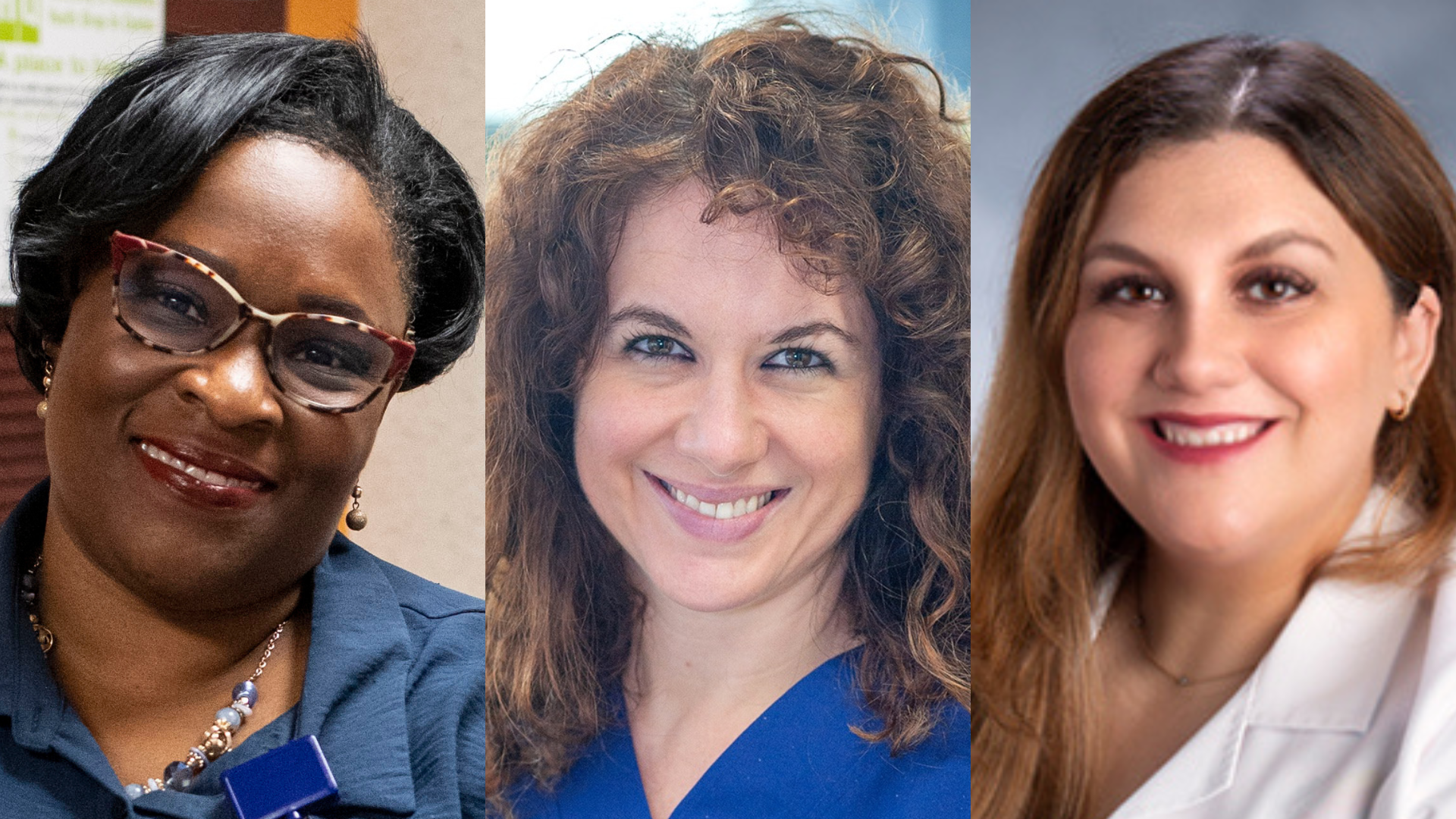
At Corewell Health, we are committed to fostering safe, inclusive environments for our team members, patients, health plan members and community.
As we celebrate Pride Month, we want to highlight a clinician from each region who is providing safe and affirming care to the LGBTQIA+ community. We want to honor and celebrate their efforts to make Corewell Health a place where everyone feels safe and welcome to seek care.
Visit the Pride 2024 observance page on The Well for more information and ways to celebrate.
Ally Dr. Lisa Lowery: “Gender-affirming care starts at the front desk”
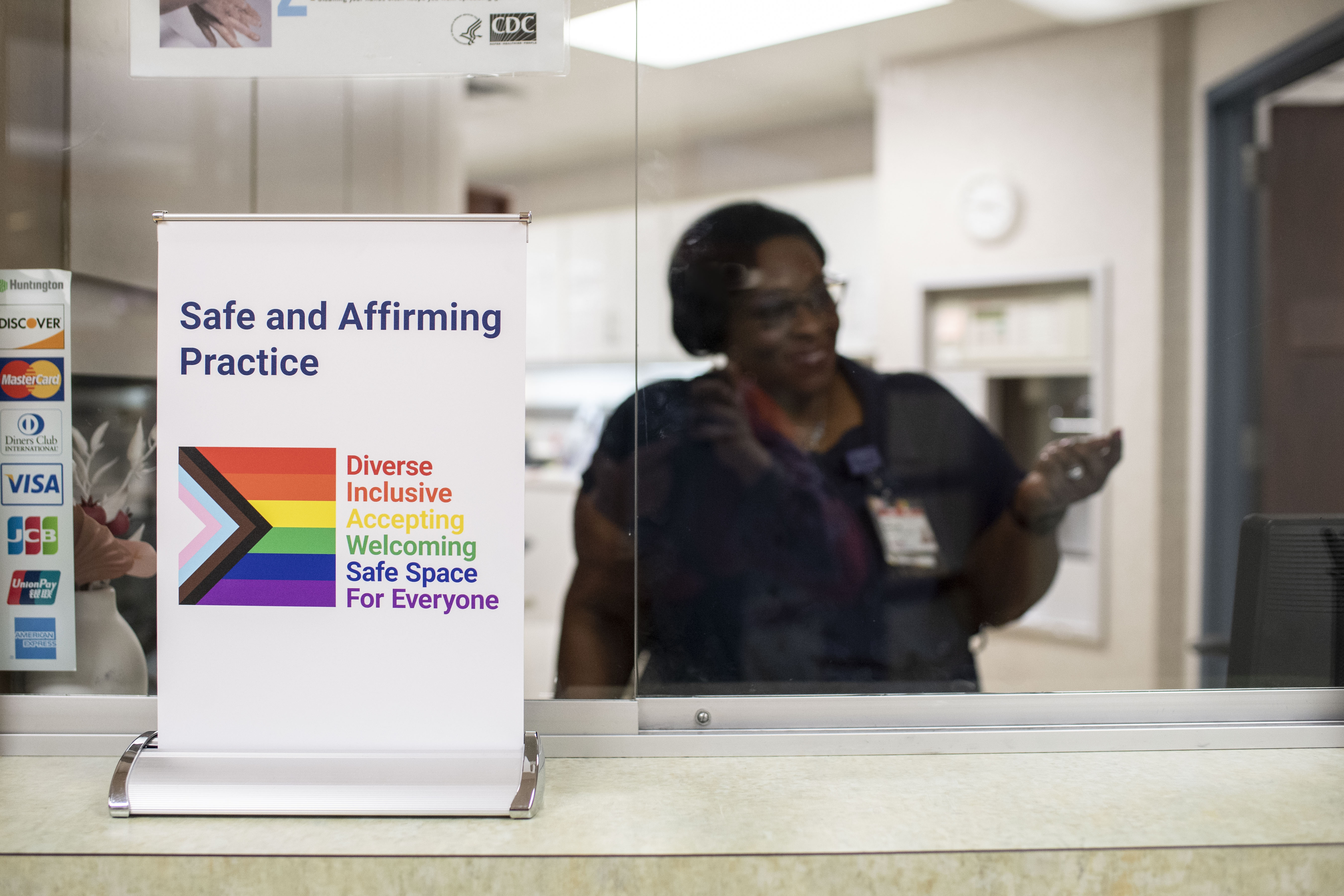
Lisa Lowery, M.D., remembers putting Pride flags up at her office around seven years ago at the suggestion of a front desk team member.
Dr. Lowery, an adolescent medicine specialist and section chief at Corewell Health Grand Rapids Hospitals - Helen DeVos Children's Hospital, says her office strives to give LGBTQIA+ patients a warm, friendly and safe environment where they’re respected and affirmed.
“We try to set the tone from day one, from the moment when you walk in,” she said. “Gender-affirming care starts at the front desk.”
Dr. Lowery is chair of the Grand Rapids LGBTQ+ Healthcare Consortium. The NAACP Greater Grand Rapids recognized her with the 2018 Community Service Health Equity Award and she recently celebrated 20 years with our health system.
One way Dr. Lowery has worked to meet LGBTQIA+ patient needs is to streamline their pediatric gender-affirming care experience. Previously, their care was very fragmented, with separate appointments for pediatric endocrinology, behavioral health and adolescent medicine. That meant multiple phone calls and appointments for patients.
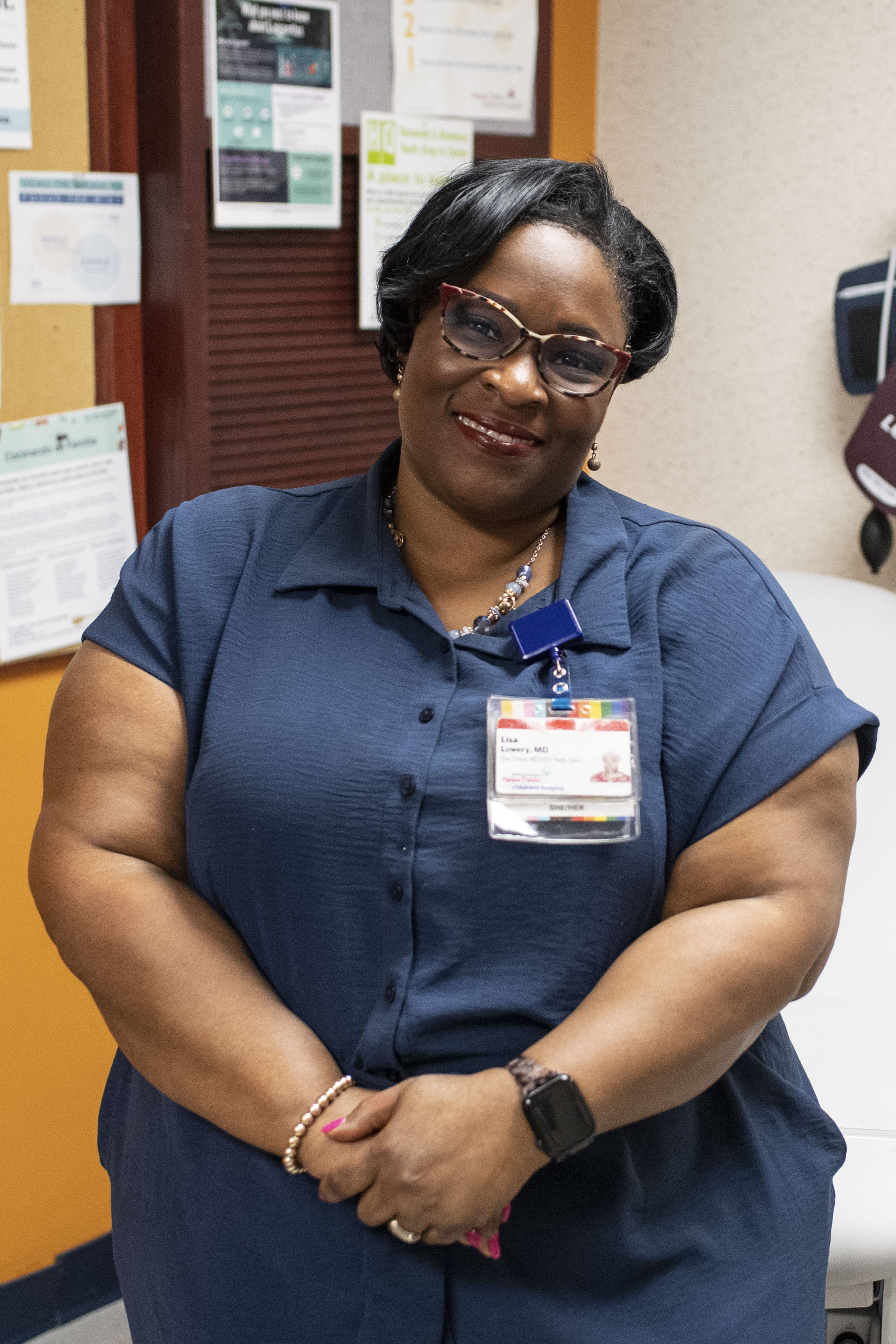
She and other team members worked together on a model where the patient and family have one multidisciplinary care visit, helping remove some barriers to treatment.
“There are so many hurdles that our patients have to jump just to get to the doctor's office,” she said. "And it can be so scary and frightening that I can understand why so many of them don't want to come to the doctor's office.” Delay in health care leads to health care disparities.
She said patients want to be respected, know their health care team will call them by their chosen name and use their pronouns. If they’re misgendered, they’ll receive an apology.
“They're not necessarily wanting you to know everything, but they also don't want to have to teach their providers,” Dr. Lowery said.
One way Corewell Health team members can help educate themselves is by enrolling in the self-directed safe and affirming training in Workday. This training can better equip team members to meet LGBTQIA+ patient and family needs.
Dr. Lowery said the training “level-sets” and gives people basic, fundamental knowledge for how to serve this community. Which is good to have, regardless of specialty.
“No matter what field of medicine you go into, NICU to geriatrics, you're going to interact with patients who are gender diverse,” she said.
Ally Dr. Nicole Phillips: “What better way to help someone, than to help them feel at home in their own body"
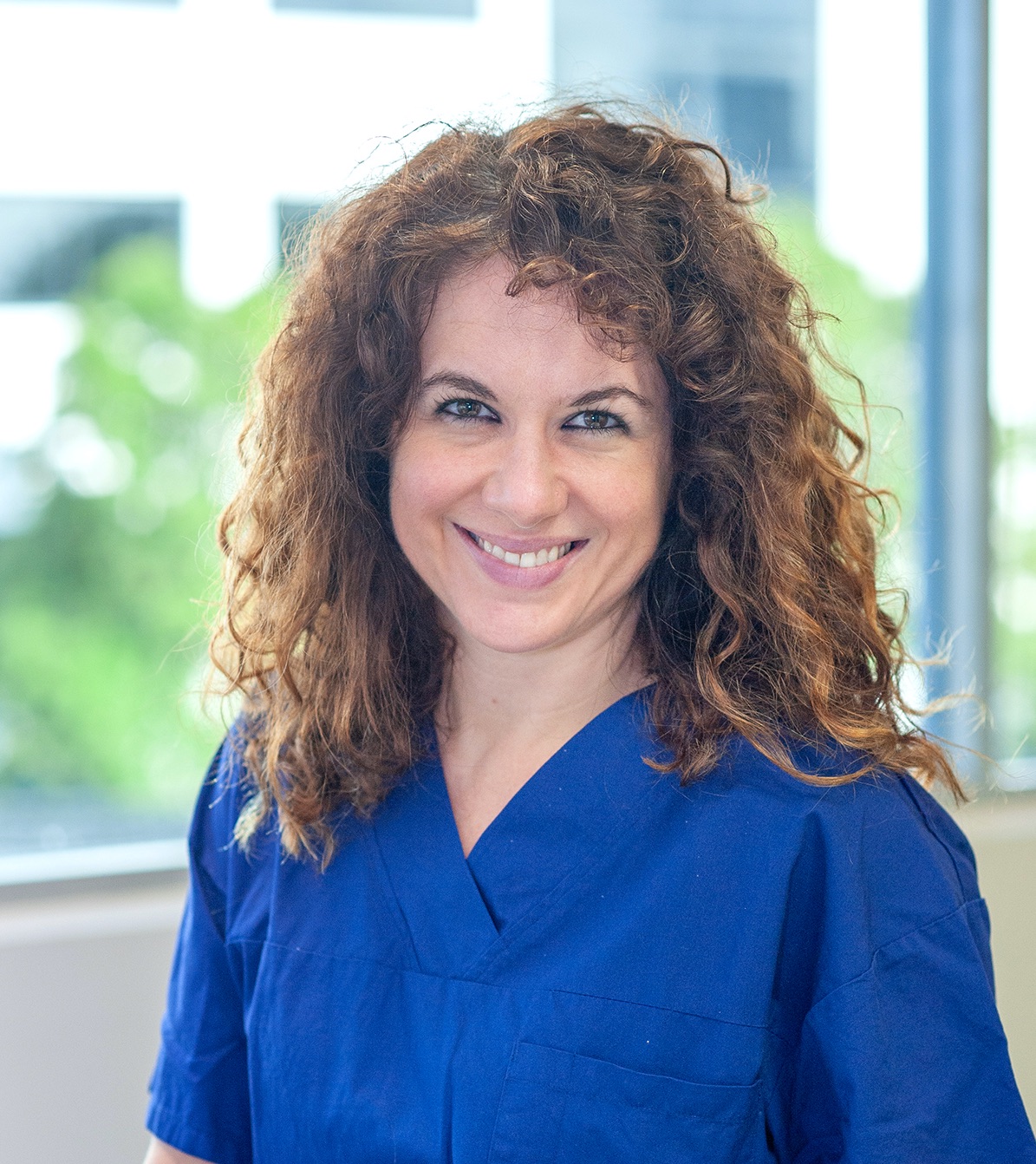
“Every patient interaction is incredibly meaningful to me; that’s at the heart of what I do every day,” said Nicole Phillips, M.D.
Dr. Phillips is a plastic surgeon who performs most of her surgeries at Corewell Health Lakeland Hospitals - Niles Hospital. She was the first in the region to perform a major gender-affirming surgery in 2021.
“What has been really impactful about introducing gender-affirming care to Corewell Health South has been the positive effect I have seen in the larger surgical community as a whole,” Dr. Phillips said.
She said she was fortunate to be exposed to a lot of gender-affirming surgery in her surgical training, so she was very comfortable with these procedures when she graduated. When she first moved to Southwest Michigan in 2020, she was surprised to learn there wasn’t a gender-affirming program in place.
“I immediately introduced top surgery as an option within our practice,” she said.
Top surgery is surgery that involves re-shaping the chest wall and nipples to create either a more masculine, more feminine, or non-binary appearance, in keeping with the patient's gender identity.
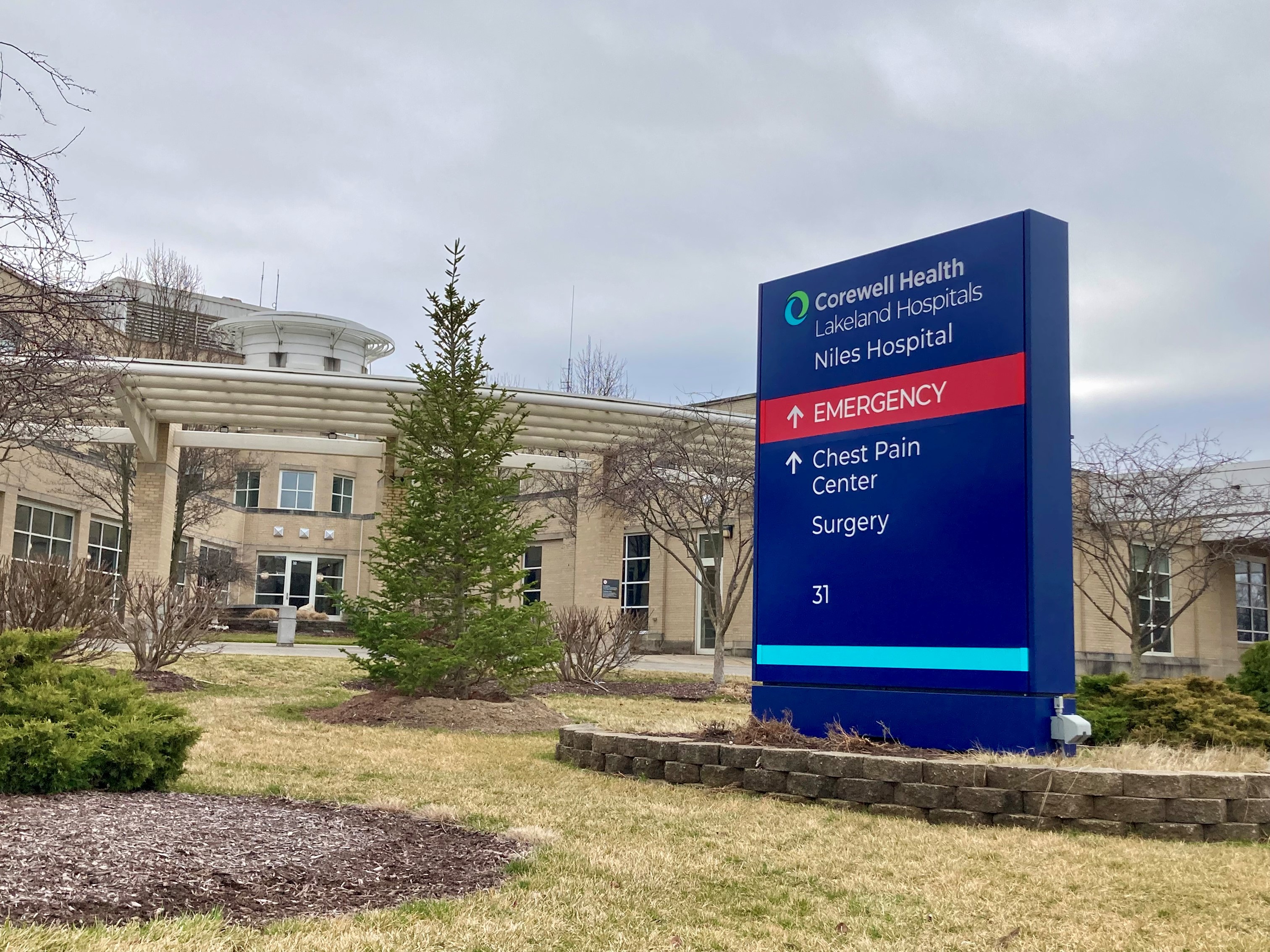
Dr. Phillips says the Niles team deserves a lot of credit, “I think they have done a wonderful job learning about and enacting what is, for them, a new service line.” There are plans to continue improving and expanding the care they offer the LGBTQIA+ community with the addition of more providers in the near future.
Trust between a patient and provider is always crucial. Specifically, in plastic surgery, it’s vital for a patient to feel safe to share what’s important to them with their surgeon, that their best interests are in mind when counseling them about surgical options, Dr. Phillips said.
“The heart of medicine is caring for other people; it’s why we all became doctors in the first place,” she said. “What better way to help someone, than to help them feel at home in their own body?”
Ally Dr. Shannon Slavsky: “It's our job as doctors to make people comfortable to come see us”
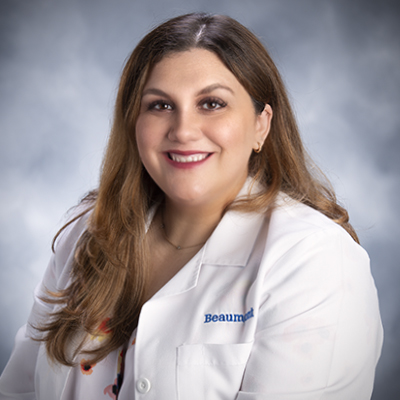
The specific needs of the LGBTQIA+ community came to the attention of Shannon Slavsky, M.D.., during her residency.
She worked with queer obstetrics residents who emphasized the importance of providing preventative medicine for their community. However, many people in the LGBTQIA+ community are afraid to visit the doctor’s office for fear of being judged.
“It's just a shame,” Dr. Slavsky said, who is a family medicine physician at the Corewell Health Family Medicine clinic in Taylor. “It's like a hole in the system for no reason.”
“It's our job as doctors to make people comfortable to come see us,” she added. “Because if they don't come, then they end up in the ER with out-of-control high blood pressure, out-of-control diabetes, because they didn't feel comfortable seeing a physician. That's just not right.”
Working with patients can lead to hard conversations. For patients who have had procedures and/or hormone therapy to align their physical body with their gender identity, all of their anatomy still needs to be examined by a physician. Just because a patient is in a monogamous relationship or not sexually active with those of the opposite sex doesn’t mean they don’t need a pap smear, she said.
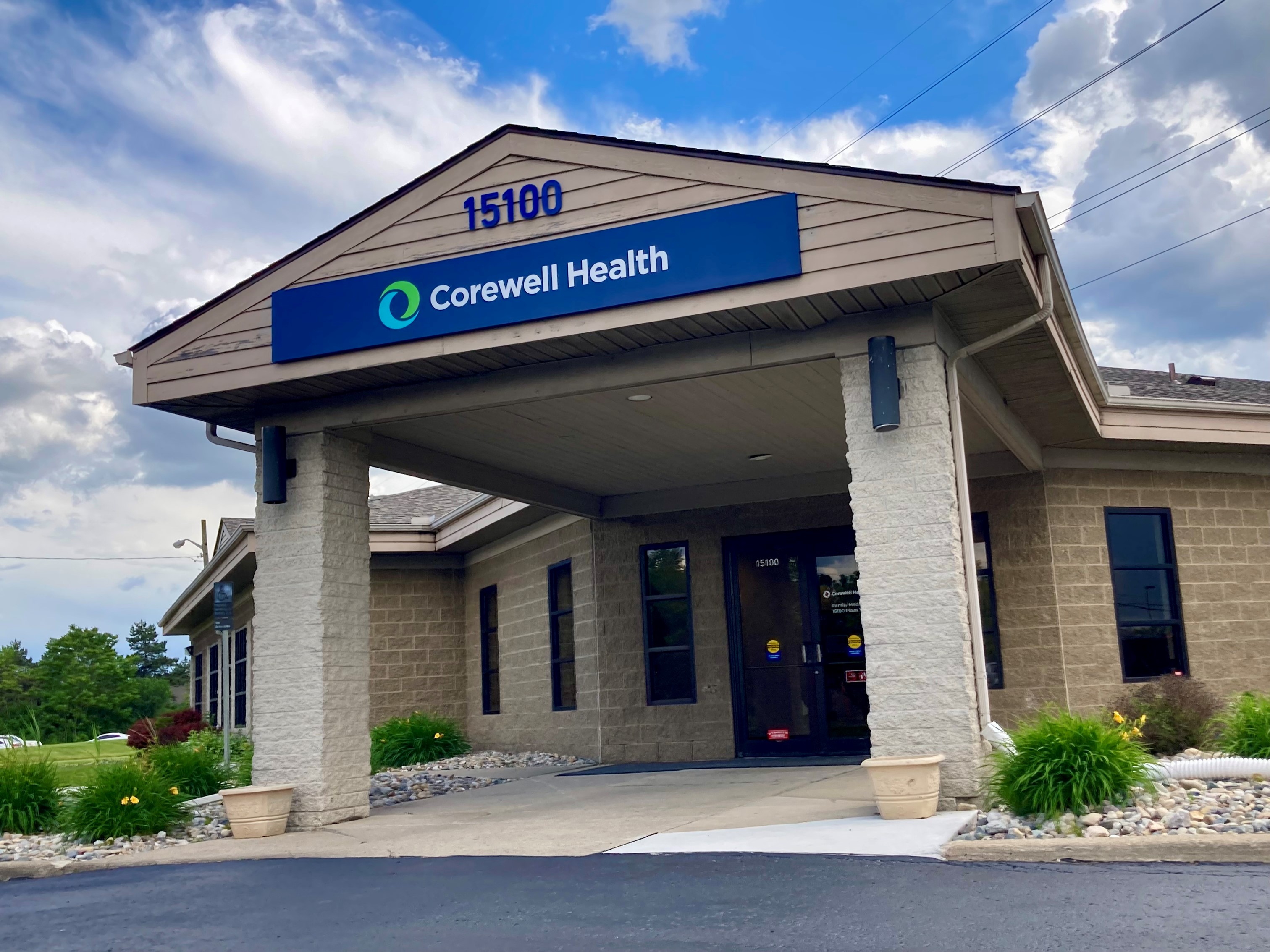
These are situations when people don't want to have the hard conversations, “but that's our job as physicians” to help people be as healthy as possible, she said.
Dr. Slavsky said she’d like to see more LGBTQIA+ resources become more accessible for patients and for health systems to be more responsive to different peoples’ needs. There has been progress, however. When she was a kid, she says a health system wouldn’t recognize Pride month. Today, that recognition makes a world of difference in making people more comfortable.
“Everyone just wants to live their life and be their authentic self. That's how we get the best out of people,” Dr. Slavsky said.